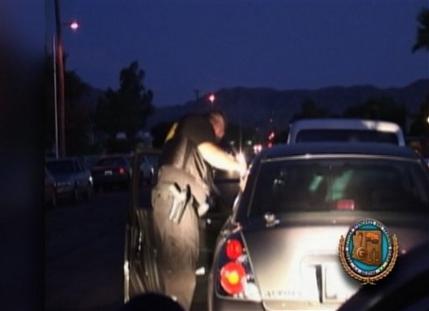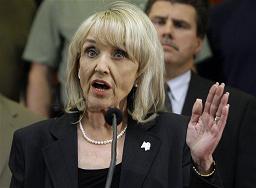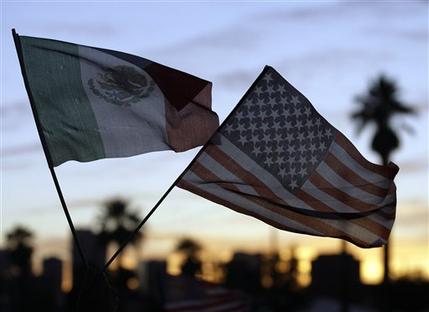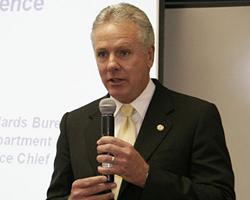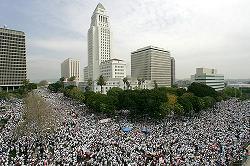PHOENIX A federal appeals court has decided not to step into the controversy over Arizona’s tough immigration law until November, leaving state officials to consider other steps they might take in the meantime.Republican Gov. Jan Brewer, who signed the law and appealed a ruling blocking its most controversial sections, said Friday she would consider changes to “tweak” the law to respond to the parts U.S. District Judge Susan Bolton faulted.
“Basically we believe (the law) is constitutional but she obviously pointed out faults that can possibly be fixed, and that’s what we would do,” Brewer told The Associated Press. Brewer said she’s talking to legislative leaders about the possibility of a special session, but said no specific changes had been identified.In her temporary injunction Wednesday, Bolton delayed the most contentious provisions of the law, including a section that required officers to check a person’s immigration status while enforcing other laws. Bolton indicated the federal government’s case has a good chance at succeeding in its argument that federal immigration law trumps state law.Brewer has said she’ll challenge the decision all the way to the Supreme Court.The 9th U.S. Circuit Court of Appeals said in an order late Friday that it will hold a hearing on Brewer’s challenge in the first week of November. Briefs from the state are due Aug. 26.
Brewer had asked for an expedited appeals process, with a hearing scheduled for the week of Sept. 13. State lawyers had argued that the appeal involves an issue of “significant importance” the state’s right to implement a law to address “the irreparable harm Arizona is suffering as a result of unchecked unlawful immigration.”The federal government countered that there was no need to expedite the matter because “the only effect of the district court’s injunction in this case is to preserve a status quo that has existed for a long period of time.”
Calls Friday night to Brewer spokesman Paul Senseman and Phoenix attorney John Bouma, who is defending the immigration law on the governor’s behalf, were not immediately returned.Democrats scoffed at Brewer’s desire to change the law, with a key House minority leader calling it laughable.”Why would we help her?” asked Rep. Kyrsten Sinema of Phoenix. “This bill is so flawed and clearly a federal judge agrees.”
House Speaker Kirk Adams said there would be little support among fellow Republicans to weaken the law.Attorneys have begun reviewing the statute to identify possible changes, he said: “It’s embryonic.”Sen. Russell Pearce, the law’s chief sponsor, said he would only back changes to make it stronger.
Even though the law’s critics scored a huge victory with the judge’s decision, passions among hundreds of immigrant rights supporters still flared at demonstrations near the federal courthouse in downtown Phoenix after the parts of the law that weren’t blocked took effect Thursday. At least 70 people have been arrested.The law’s supporters reacted too, and a fund set up to help defend the measure added $75,000 Wednesday alone, giving the state more than $1.6 million to get Bolton’s ruling overturned.Meanwhile, hundreds of emails and phone calls including some threats have poured into the courthouse.
Federal officials in charge of court security wouldn’t say whether anyone made a death threat against Bolton and wouldn’t provide specifics of the threats they were examining. But a majority of the emails and phone calls to the judge’s chambers and the court clerk’s office are from people who want to complain about her ruling, officials said.”We understand that people will vent and have a First Amendment right to express their dissatisfaction. We expect this,” said David Gonzales, the U.S. marshal for Arizona. “But we want to look at the people who go over the line.”

